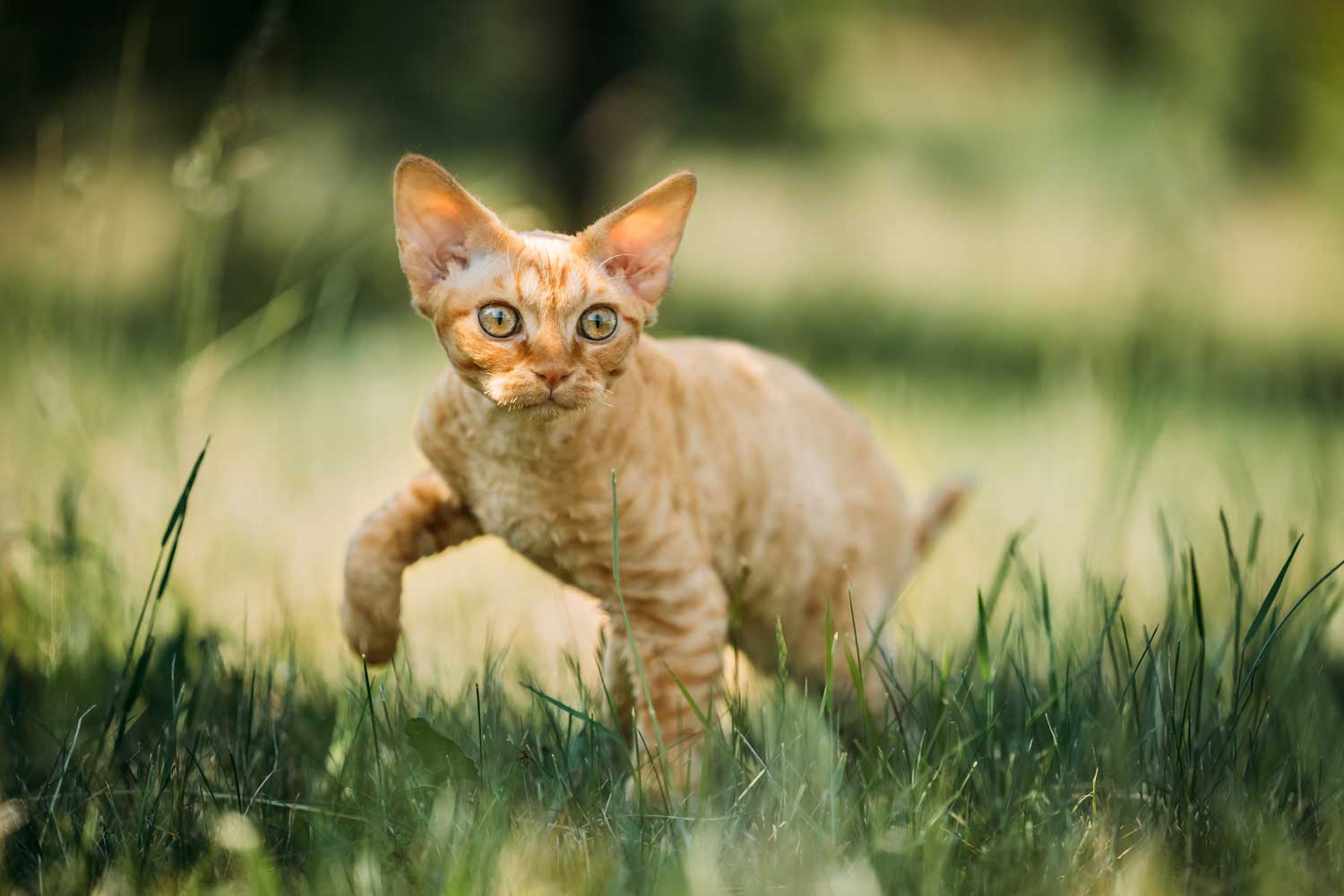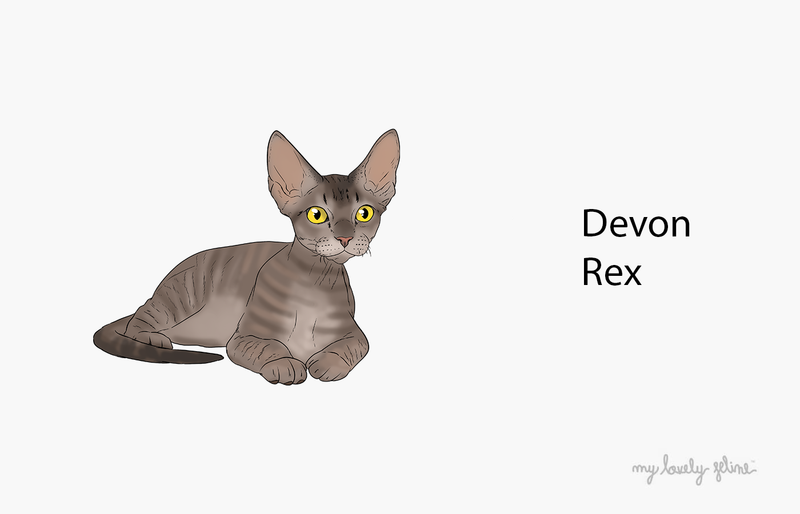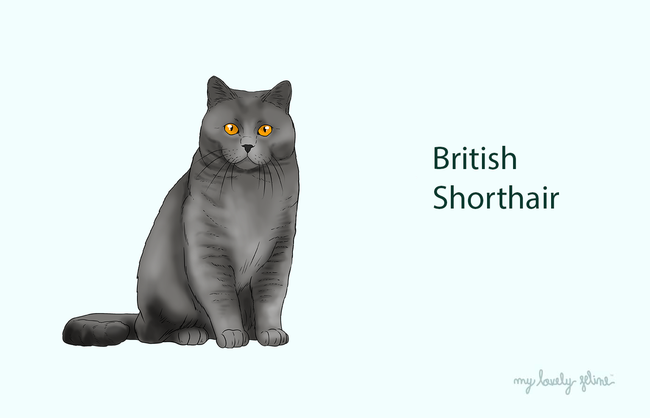|
If you're looking for a unique and playful feline companion, the Devon Rex cat might be the perfect choice for you. Known for their curly coats and mischievous personalities, these cats have a distinct look and charm that sets them apart from other breeds. In this comprehensive guide, you'll learn all about the characteristics and care requirements of Devon Rex cats, so you can provide them with the love and attention they deserve. |
History and Origin of Devon Rex Cats
The history and origin of Devon Rex cats can be traced back to the 1960s in Devon, England. The breed was discovered by a woman named Beryl Cox, who found a curly-coated kitten in a litter of feral cats.
Intrigued by its unique appearance, Cox decided to breed the cat and named it Kirlee.
Through selective breeding, Cox was able to establish the Devon Rex breed, which quickly gained popularity for its distinctive curly coat and playful personality. Today, Devon Rex cats are beloved pets around the world and continue to captivate cat lovers with their charm and individuality.

Physical Characteristics and Coat Care
Devon Rex cats are known for their unique physical characteristics, particularly their curly coats. Their fur is short, soft, and wavy, resembling the texture of lamb's wool. Unlike other cat breeds, Devon Rex cats have fewer guard hairs, which gives their coat a more delicate and curly appearance. This unique coat requires regular grooming to keep it in good condition.
Brushing their fur with a soft bristle brush or a grooming glove can help remove any loose hairs and prevent matting. Additionally, regular bathing is recommended to keep their coat clean and free from oils. However, it's important to use a gentle shampoo specifically formulated for cats to avoid drying out their skin. Overall, maintaining the coat of a Devon Rex cat requires a bit more attention compared to other breeds, but their unique and beautiful appearance makes it all worth it.
Personality Traits and Temperament
In addition to their unique physical characteristics, Devon Rex cats are also known for their playful and affectionate personalities. They are often described as being mischievous and curious, always exploring their surroundings and getting into playful antics. They love interactive toys and games that stimulate their minds and keep them entertained.
Devon Rex cats are also known for their social nature and enjoy being around their human companions. They are often found cuddling up on laps or seeking out attention and affection. These cats are known to be great companions and are often referred to as "velcro cats" because of their tendency to stick close to their owners. Overall, Devon Rex cats are a joy to have as pets and bring a lot of love and entertainment to their households.
Health Issues and Common Concerns
Like all cat breeds, Devon Rex cats can be prone to certain health issues and common concerns. One of the most common health issues seen in Devon Rex cats is hypertrophic cardiomyopathy (HCM), which is a condition that affects the heart muscle. Regular check-ups with a veterinarian and screenings for HCM are important for early detection and management of this condition. Another common concern for Devon Rex cats is dental health.
Due to their unique dental structure, they may be more prone to dental issues such as gum disease and tooth decay. Regular dental care, including brushing their teeth and providing dental treats or toys, can help maintain their oral health. Additionally, Devon Rex cats may be more susceptible to respiratory infections and allergies. It's important to keep their living environment clean and free of irritants to minimize the risk of these issues.
Overall, with proper care and regular veterinary check-ups, many of these health issues can be managed and the Devon Rex can live a happy and healthy life.
Tips for Proper Care and Maintenance
Proper care and maintenance are essential for keeping your Devon Rex cat healthy and happy. Here are some tips to help you provide the best care for your furry friend:
1. Grooming: Due to their curly coats, Devon Rex cats require regular grooming to prevent matting and keep their fur in good condition. Use a soft brush or comb to gently remove any tangles or knots. Regular bathing is also recommended to keep their skin and coat clean.
2. Nutrition: Provide a balanced and nutritious diet that meets the specific needs of your Devon Rex cat. Consult with your veterinarian to determine the best food options and feeding schedule for your cat. Remember to provide fresh water at all times.
3. Exercise: Like all cats, Devon Rex cats need regular exercise to stay fit and healthy. Provide them with toys and interactive play sessions to keep them active and engaged. Consider setting up a scratching post or climbing tree to satisfy their natural instincts.
4. Litter Box: Ensure that your Devon Rex cat has access to a clean and well-maintained litter box. Scoop the litter daily and change it regularly to prevent odor and maintain good hygiene.
5. Veterinary Care: Schedule regular check-ups with a veterinarian to monitor your cat's overall health and address any potential issues. Vaccinations, parasite prevention, and dental cleanings are important aspects of their healthcare routine.
6. Environmental Enrichment: Create a stimulating and enriching environment for your Devon Rex cat. Provide scratching posts, climbing structures, and interactive toys to keep them mentally and physically stimulated.
7. Dental Care: Pay attention to your cat's dental health. Brush their teeth regularly using a cat-specific toothbrush and toothpaste. Dental treats or toys can also help promote good oral hygiene.
8. Stress Management: Devon Rex cats can be sensitive to changes in their environment. Minimize stressors and provide a calm and secure space for your cat. Consider using pheromone diffusers or calming supplements if needed.
9. Socialization: Spend quality time with your Devon Rex cat and provide opportunities for socialization. They thrive on human companionship and enjoy interactive play and cuddle sessions.
10. Safety: Ensure that your home is safe and cat-proofed to prevent accidents or injuries. Keep toxic substances, small objects, and open windows or balconies out of reach.
By following these tips, you can ensure that your Devon Rex cat receives the care and attention they need to live a happy and healthy life.
Devon Rex FAQ
What is a Devon Rex cat?
A Devon Rex cat is a breed of cat known for its curly and soft coat, large ears, and playful and affectionate personality.
How big do Devon Rex cats get?
Devon Rex cats are typically small to medium-sized cats, weighing between 5 to 10 pounds (2.3 to 4.5 kg) on average.
Are Devon Rex cats hypoallergenic?
While no cat breed is completely hypoallergenic, Devon Rex cats are known to produce fewer allergenic proteins compared to other breeds, making them a potential option for individuals with allergies.
How often do Devon Rex cats need grooming?
Devon Rex cats have short, curly fur that requires minimal grooming. Regular brushing to remove loose hairs and occasional baths to keep their coat clean are usually sufficient.
Do Devon Rex cats get along well with children?
Devon Rex cats are generally known for their friendly and sociable nature, making them good companions for children. However, as with any pet, proper supervision and gentle handling are important.
Are Devon Rex cats suitable for apartment living?
Devon Rex cats can adapt well to apartment living. They are active cats but can get their exercise indoors through play and interactive toys.
Are Devon Rex cats vocal?
Devon Rex cats can be vocal and enjoy communicating with their owners through soft chirps, purrs, and meows. However, they are not excessively loud or demanding.
What is the lifespan of a Devon Rex cat?
The lifespan of a Devon Rex cat is typically around 10 to 15 years, although some can live even longer with proper care and a healthy lifestyle.
Do Devon Rex cats require a lot of exercise?
Devon Rex cats are moderately active and enjoy interactive play sessions. While they don't require excessive exercise, providing them with toys and opportunities for play will help keep them mentally and physically stimulated.
Are Devon Rex cats prone to any specific health issues?
Devon Rex cats are generally considered a healthy breed. However, they can be prone to certain genetic health issues such as hypertrophic cardiomyopathy (a heart condition) and patellar luxation (knee joint instability). Regular veterinary check-ups are important to monitor their health.
Do Devon Rex cats get along well with other pets?
Devon Rex cats are generally sociable and can get along well with other pets, including dogs and other cats. Proper introductions and gradual acclimation are important to ensure a harmonious relationship between pets.
Are Devon Rex cats high-maintenance in terms of care?
Devon Rex cats are not particularly high-maintenance. Their short, curly fur requires minimal grooming, and their friendly and adaptable nature makes them relatively easy to care for.
Are Devon Rex cats good indoor or outdoor cats?
Devon Rex cats are best kept as indoor cats to protect them from potential dangers such as traffic, predators, and infectious diseases. They can thrive and be content with an enriched indoor environment.
What is the personality of a Devon Rex cat like?
Devon Rex cats are known for their playful, affectionate, and people-oriented personality. They enjoy being with their human companions, are often lap cats, and love to engage in interactive play.
Do Devon Rex cats shed a lot?
Devon Rex cats have minimal shedding due to their short and curly fur. However, they still shed to some extent, but it is typically less compared to other cat breeds with longer fur.
How intelligent are Devon Rex cats?
Devon Rex cats are generally considered intelligent and curious. They enjoy problem-solving toys and games and can be quick learners, which makes them trainable and adaptable to various environments.




